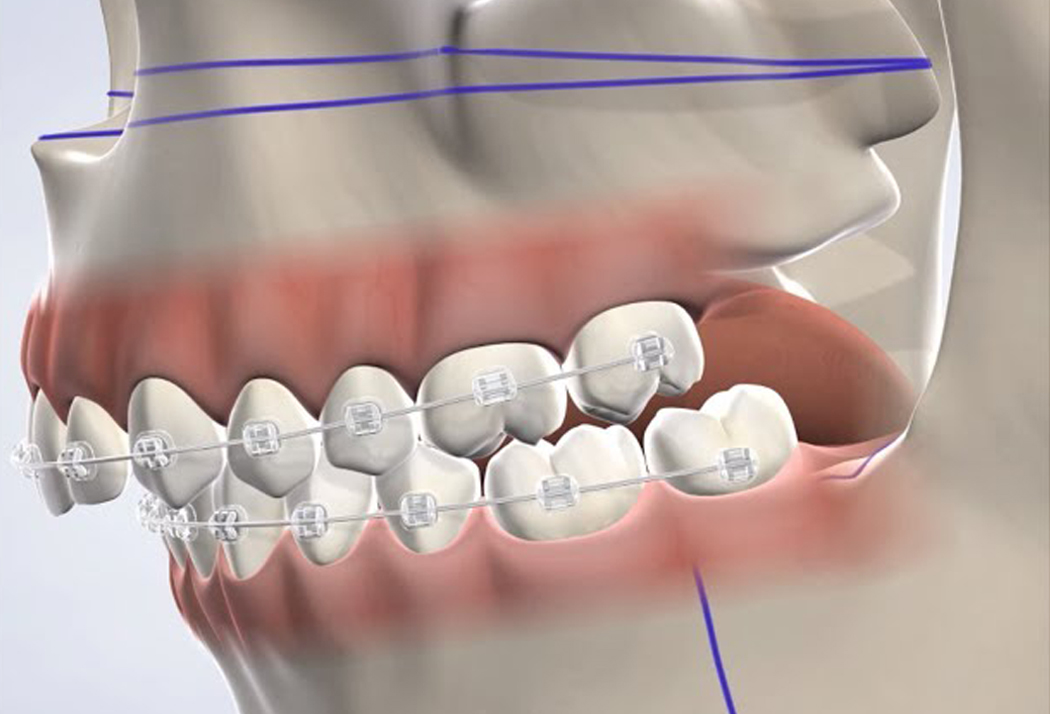What Is a Jaw Implant? Which Situations Can It Be Performed?
A jaw implant, often referred to as a dental implant, is a prosthetic device placed in the jawbone to replace missing teeth. It acts as a root for a crown, bridge, or denture, providing a stable base for tooth replacement.
Uses of Jaw Implants
Tooth Loss: Jaw implants are commonly used for individuals who have lost teeth due to injury, decay, or periodontal disease.
Bone Loss: Implants can help restore function and aesthetics in patients with jawbone resorption, as they stimulate the bone and prevent further deterioration.
Single or Multiple Tooth Replacement: They can replace a single missing tooth or multiple teeth, offering a versatile solution for various dental needs.
Support for Dentures: Implants can provide stability for full or partial dentures, improving comfort and functionality.
Advantages of Jaw Implants
Natural Look and Feel: Implants mimic the appearance and function of natural teeth.
Durability: With proper care, implants can last many years, often a lifetime.
Bone Preservation: Implants help maintain jawbone integrity, preventing the negative effects of bone loss.
Eligibility for Jaw Implants
Not everyone is a candidate for jaw implants. Factors such as overall health, bone density, and oral hygiene play a role in determining suitability. A dental professional will assess these factors before recommending treatment.
 English
English
 русский
русский
 Türkçe
Türkçe


